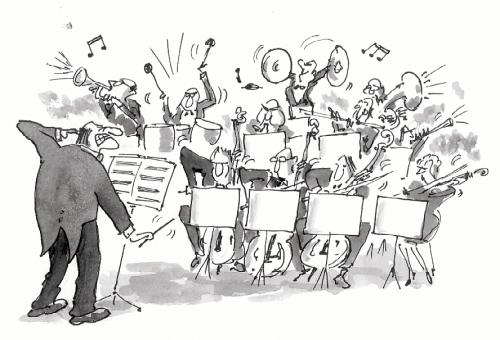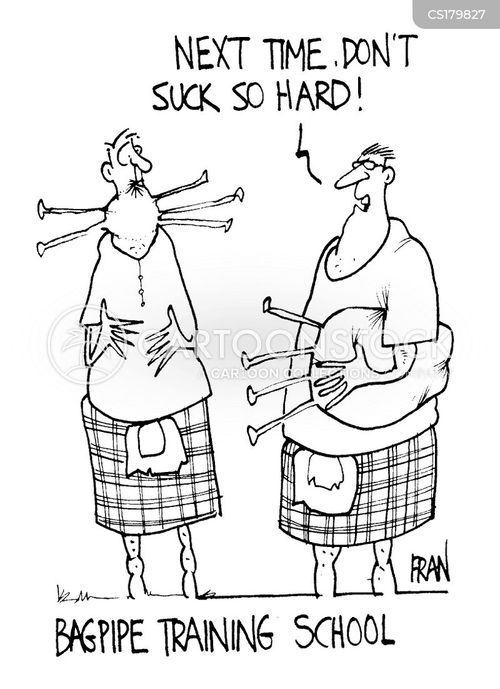Music Secrets: The Music School Survival Guide
 Don't have any time to balance rehearsals, exams, and a social life? Then read on!
Don't have any time to balance rehearsals, exams, and a social life? Then read on! So you find that between playing in orchestra, the school musical, a solo recital or two, joining Sigma Alpha Iota or Phi Mu Alpha, playing in the alternative band at night, pep band, and marching band that you can't keep your eyes open, let alone study for the music history midterm next week or even begin to write your term paper on Debussy? Then read on and learn to balance life in Music School.
1) Musicians DO need to Sleep
Yes, you need to sleep, even if it is only five hours a night plus catnaps. Your brain cannot function if you do not sleep. So sleep, even if that means that you can't play in that awesome alternative band that jams every other night till 5am at the local bar.
2) Eat right and exercise
 Okay, so I sound like your parents, or Oprah, but I am serious. My biggest mistake as an undergrad (well, one of my biggest mistakes, it is college after all), was eating only from vending machines. Yep, I survived off candy bars, donuts, and Surge (Gotta love Surge. In fact, Surge was the only soda that was always sold out at the music department.)
Okay, so I sound like your parents, or Oprah, but I am serious. My biggest mistake as an undergrad (well, one of my biggest mistakes, it is college after all), was eating only from vending machines. Yep, I survived off candy bars, donuts, and Surge (Gotta love Surge. In fact, Surge was the only soda that was always sold out at the music department.)Why is this important? Jump ahead to my senior year and my blood sugar and pancreas had taken such a beating that I was passing out and having severe mood swings brought on by sugar/caffeine highs and crashes. And those never went away. So take care of yourself while your body is young and healthy, so you don't wreck it by the time you hit thirty.
3) Just say NO!
As a musician, you are most likely a music addict. You love to listen, play, and literally live music. So when your roommate says he wants to start a band, you say, "Cool!" and join up, even though you know that you have three midterms due next week. Sometimes its a professor who is so excited about having a flautist that can actually play in tune or having a soprano that can hit the high note that he or she guilt's you into joining every major ensemble for every single performance of the year.If you are that good, you have the option to say "No." Unless a scholarship or grade is on the line, first fulfill your requirements, then add on performances that will add to your resume'. In other words, you may have to turn down the gig at the nursing home, the university chorus concert, marching band, or even your parent's church cantata just to maintain your sanity. But it is worth it. I have played in hundreds of concerts, but only a
dozen or so even make a slight appearance on the resume', maybe.
What music gigs are worth doing?
Anything with a professional recording to show off later in your portfolio, any gigs with professional musicians, and any performance which gives you the opportunity to expand your musical palette, like the lead in the opera or a concerto opportunity. Everything else won't matter in the end.
Enjoy Music School! It's the one time in your life where you can spend literally 20 hours a day enjoying your music without worrying about rent, family, and your boss.
THANKS FOR VISITING THE NEW MUSIC RESOURCE!
Have something to share? We'd love to hear from you! Write your comments below!









Comments